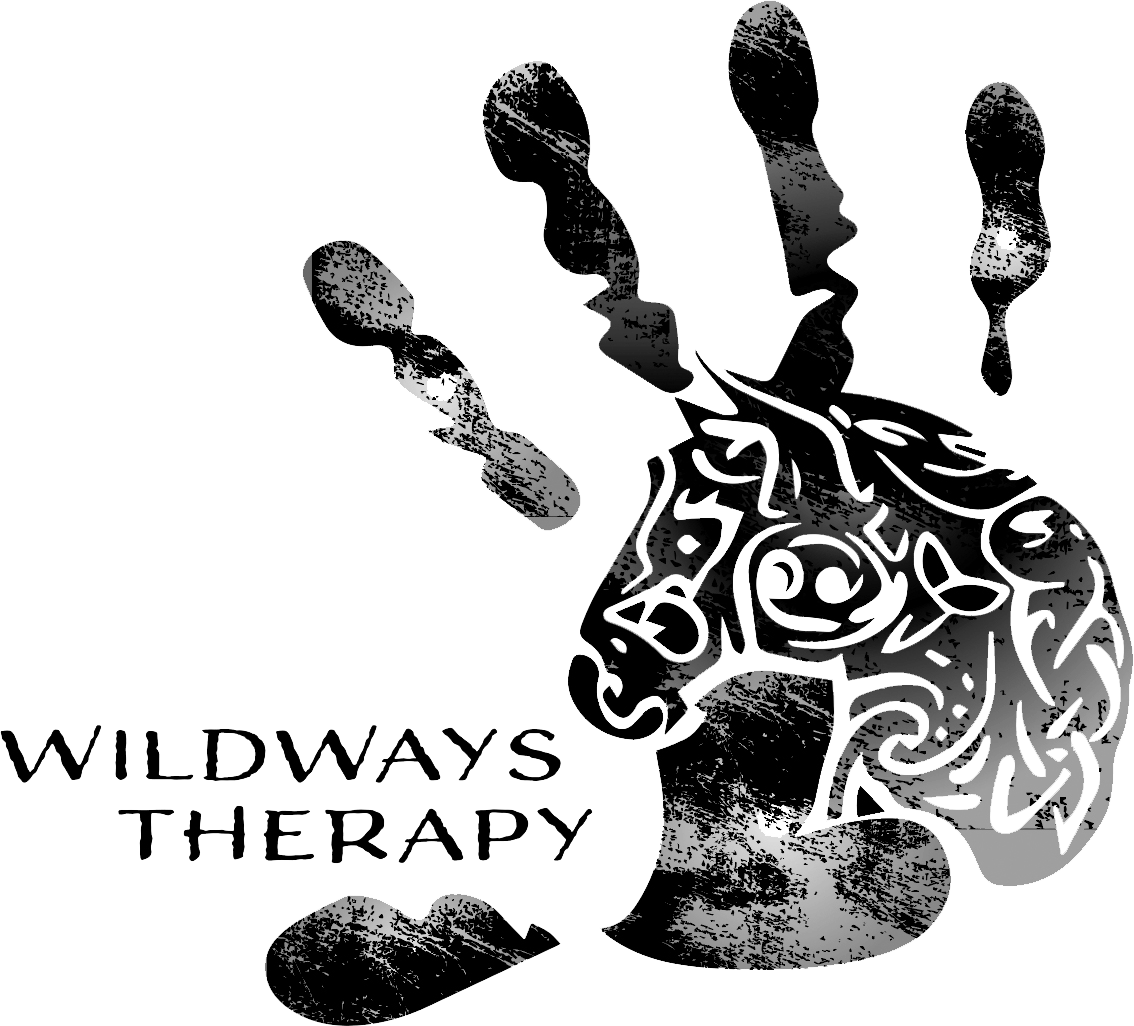Trauma Support for
Parents and Carers
Healing from trauma and recognising we have mental health needs whilst being a parent/carer can
compound the challenges and worry of exposure, stigma and perhaps a potential sense of failure.
It can become even more complex when the source of your challenges and traumatic experiences, or the place where this plays out the most, is in your own family.
You may find yourself minimising your needs and delaying reaching out for support.
Whatever your situation, you have a right to care and support too and importantly,
your wellbeing is the anchor and foundation of your family.
You are your family's greatest asset.
I specialise in working with adopters/SGO/Kinship/carers, and can also offer support
to any parent/carer who has been impacted by trauma and the compounding impact of caring
for family members and those with SEND.
Supporting Trauma healing is a very personal and individual process.
We are all different and the way we have been impacted, (what happened to us and perhaps what is still happening to us) how we have adapted to survive and what is the best way forward for each of us individually, will depend on many factors. For example, how we have experienced statutory services can also impact our mental health and I recognise the deep and far reaching implications of blocked and thwarted attempts at advocacy for services for yourself and your family.
This can be a particularly sensitive process where you may identify as being part of a marginalised community, compounding your experience of safety, acceptance and agency in the world.
There is no one-size-fits-all approach.
Ultimately, each person is learning what they need to feel safe and how they can come back into relationship with the parts of themselves that have been affected; emotionally, psychologically and physiologically.
Trauma specialist and relationally-focused psychotherapy is also about identifying, acknowledging and developing our innate strengths and the myriad of incredible ways we have survived and
continued to care for our families.
How can we move from the turmoil of survival to the joy of thriving?
I use an evidence-based methodology alongside an integrative, non-pathologising approach with a range of ways to support the safe and contained processing of trauma. I incorporate diverse and effective resources from leading thinkers and research in the field, as well as sourcing inspiration from traditional cultural and nature-based practices including non-ridden Human Equine Interactions.
Each client will go on their own journey and we will work together, at your own pace, to navigate you safely home to wholeness - to good mental health and sustainable wellbeing.
The tri-phasic model of trauma therapy
- supporting effective, long term recovery
and well-being maintenance through focusing on:
01 Phase One
Feeling better, right here, right now:
Stabilisation and reduction of symptoms.
Working in safe nurturing spaces, either in relationship with myself, online, or perhaps in-person, with the horses and the natural world.
We begin with education regarding the neurobiology/physiology of stress, Trauma, PTSD, C-PTSD, Compassion Fatigue, Secondary Trauma. Together we practice techniques to encourage and embed emotional, psychological and physiological safety, co/self-regulation and a return to autonomy.
This time is also to support us in building a trusting relationship so that you can feel safe to explore challenging and traumatic personal material if/when the time is right.
Where necessary we move between the 'phases' to keep our transformation journey safe as we meet new 'information' at our growth edge.
02 Phase Two
Processing what has happened to you:
This is a personal journey and is always client-led, we may not even have to talk explicitly about what happened.
Some of the protocols used include:
- IFEEL Cognitive Processing & Restructuring (CPR) a Cognitive Processing Therapy(CPT)/Trauma Focused - CBT model
(CPT and Trauma-Focused CBT are
recommended in NICE Guidelines for PTSD)
- Brainspotting
- Rewind Technique
- Image Reduction (for flashbacks and intrusive thoughts)
- Equine Facilitated Psychotraumatology (EFPT) an evidenced adjunct to support stabilisation prior, during and post processing.
- Emotionally Focused Individual Therapy
03 Phase Three
Post Traumatic Growth -
Flourishing in your new life:
Exploring an integrated (whole) self, finding our gifts, talents and skills for a healthy, thriving life.
Once we have successfully processed our trauma and integrated our learning we now set out on our new lives. Tender shoots of possibility are held carefully and safely as we reintegrate our new self with the world; discovering what new, empowered and authentic relationships can look and feel like and who we want to be, now and in the future.
Healing from Trauma/PTSD/C-PTSD is not linear and can be even more complex when healing within family (and societal) systems where you may still be experiencing oppression related to your identity. There is not a one-size-fits-all treatment and a lot of the work relies on re-establishing, then harnessing your own innate ability to heal within the context of a 'felt' sense of safety, including exploring new ways to assert, maintain and protect your personal boundaries.
